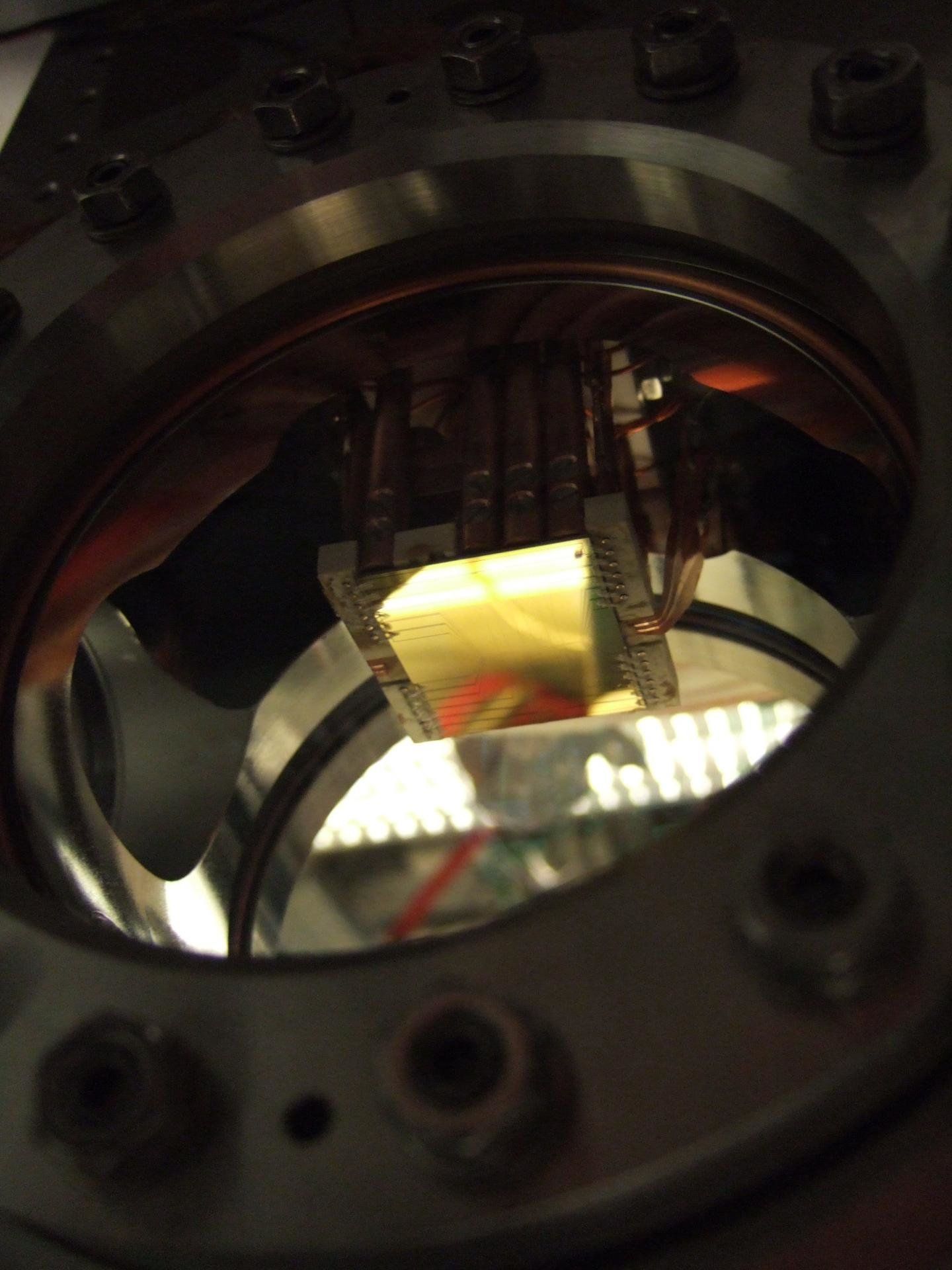Nov 8, 2018
A Report from the ISOAD Conference in Nice
Posted by Steve Hill in categories: biotech/medical, life extension
The International Society on Aging and Disease (ISOAD) recently held its third international conference in Nice, France, bringing together researchers – and longevity activists – from around the world. Journalist and supporter of anti-aging research Oliver Rowland attended the event and has made this great report packed with information gathered from interviews and talks at the event.
Professor Eric Gilson
After working in Lyon, Prof. Gilson founded the Ircan Institute for Research on Cancer and Aging in Nice in 2012. “It was perhaps the first institute that specifically aimed to couple the themes of aging and cancer in the same laboratory, even if the links between them had been known to some extent,” he said. “That was its originality.”


















